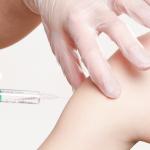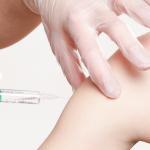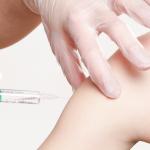The data set continues to be drawn from Our World in Data and is based on CDC statistics for the US.
COVID-19
Several months ago, we ran a story on the best (worst?) conspiracy theories about the coronavirus.
As of now, the official number of COVID cases in the United States stands at roughly 27.1 million.
Some vaccines are essentially mandatory. If you want your kid to go to public school, then he or she needs to get various jabs. Should the COVID vaccine be one of them?
Throughout the COVID pandemic, many Americans complained that our culture made it far easier for the coronavirus to spread.
During the U.S. border crisis, in which immigrants from Central and South America were attempting to cross the border illegally into the United States, thousands of families and children were separated during the detention process.
Let's pretend that you're a dishonest scientist who wants to fabricate some data for an experiment. Let's further assume that you run an experiment five times and want the average answer to be "10".
The data set continues to be drawn from Our World in Data and is based on CDC statistics
Global
I live in the Seattle area, but I spend a lot of time in Boise because of family. This has allowed me the unique opportunity to experience two completely different state government responses to the coronavirus pandemic.
Before jumping into the data, some quick housekeeping. The data set continues to be drawn from Our World in Data and is based on CDC statistics. It remains reliable.












